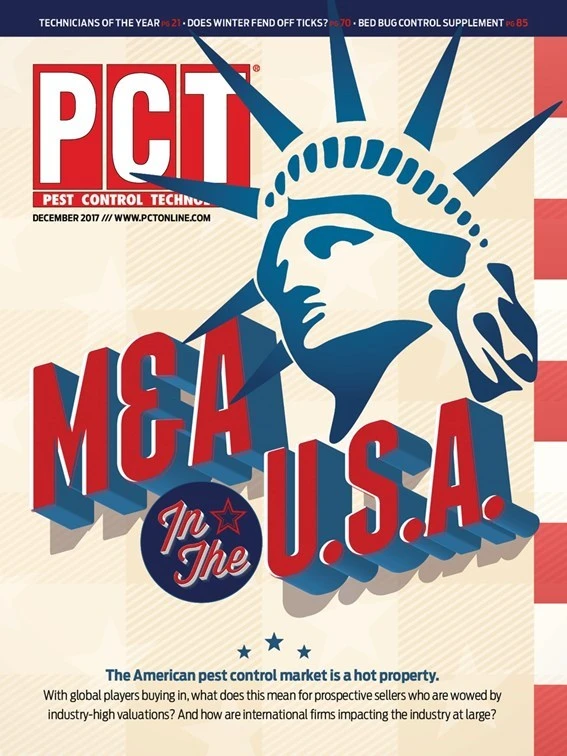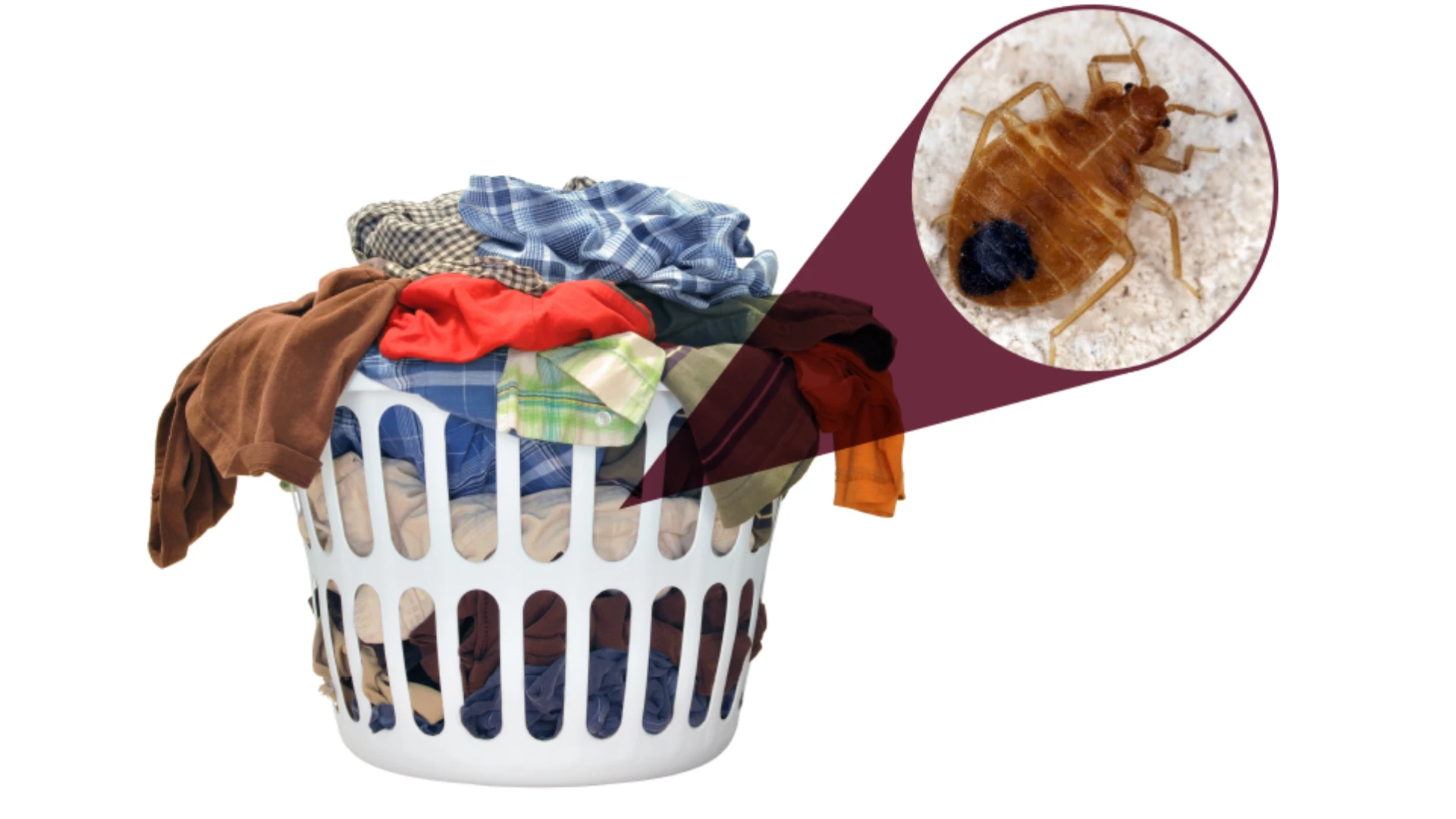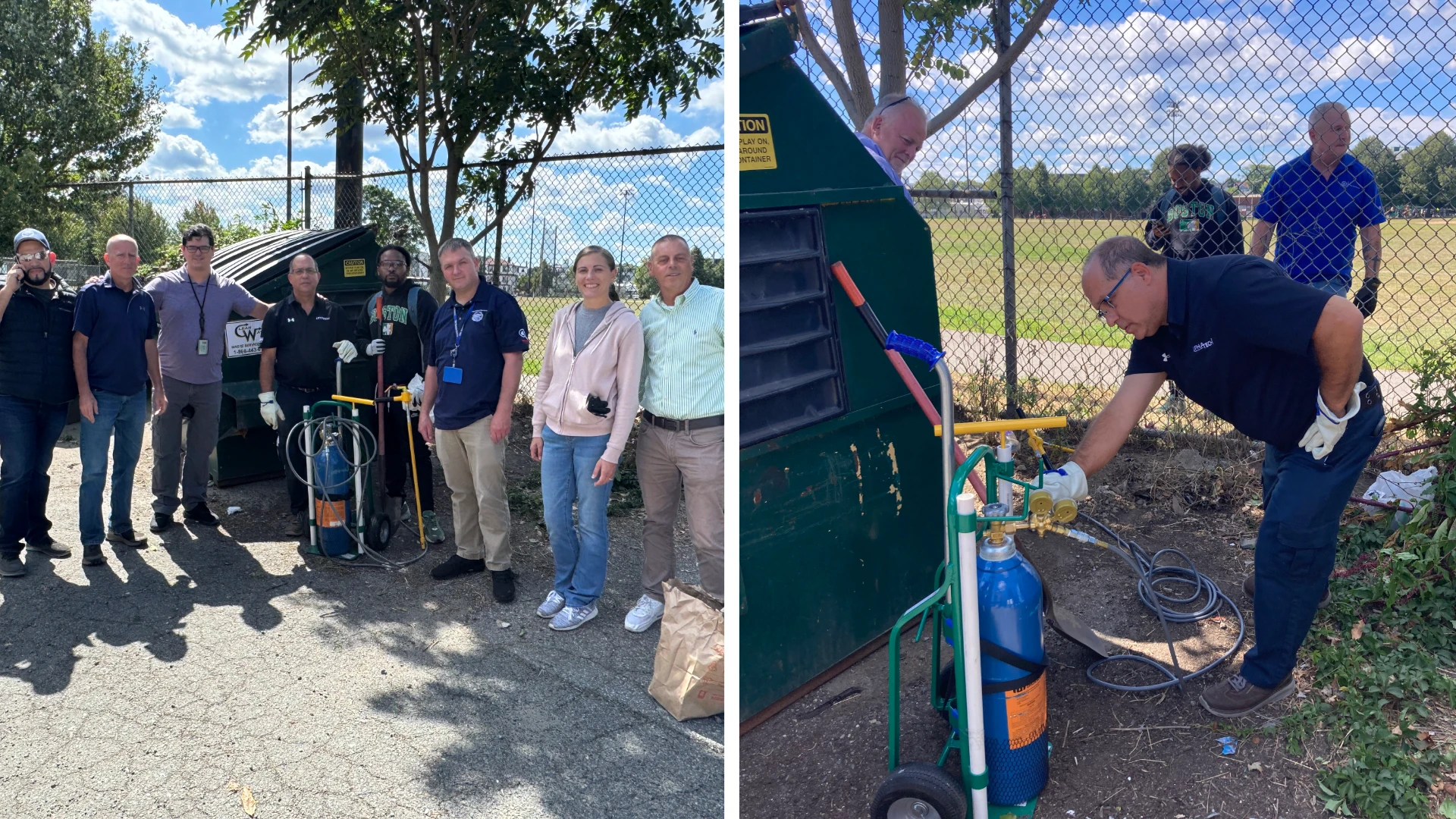
Each pest control firm is unique, but one thing every successful company shares is a commitment to ongoing label training. That’s because these PMPs understand that comprehending pesticide labels is the foundation of successful pest control. The information featured on a pesticide label allows the technician to apply the product in the most effective manner possible, while adhering to federal regulations designed to ensure that products are applied safely and effectively by professionals.

But label training takes time…and time is money. “From personal experience, I understand finding the time to train technicians is complicated based on scheduling issues and the importance of revenue generation,” says Joe Barile, technical service lead for Bayer. “Every hour a technician is not out in the field servicing accounts is an hour they’re not generating revenue.”
Add to that the fact label training isn’t particularly sexy — or as Barile says, “doesn’t have a lot of spice” — and it can sometimes be a tough sell for PMPs and training directors alike. “Label training is purely a technical program,” he says. “It doesn’t offer the wonder of how flies breed or how mosquitoes carry disease,” but that doesn’t make it any less important.
And it shouldn’t be just for new technicians, according to Barile. “While it should be an essential part of initial training for new hires, “everyone should go through label training on an ongoing basis,” he says. Doing so “creates a culture of compliance. Not doing so creates a casual culture which can lead to a lot of problems down the road,” Barile says.
NUTS & BOLTS. What are the most common mistakes made by industry professionals when it comes to reading and understanding labels? To get an answer to that question, PCT asked Barile, a 35-year industry veteran.
“One of the things I try to stress when I provide label training is you must accommodate the full document to stay in compliance,” he said. “Typically, when a PMP finds himself in the middle of a regulatory complaint, it’s typically because they have not followed the roadmap the label has laid out for them.”
Barile said pesticide labels “start out in very broad terms, but become more specific as you read further,” depending on the type of application or use pattern selected for a treatment. As a result, it’s critical the technician read the entire label so he or she has a complete understanding of how to properly apply the product.
“Where people get in trouble is when they assume they’re in compliance following a cursory review of the label” but in reality they’ve fallen out of compliance. “Unfortunately, in such cases, they’ve failed to comprehend specific details of the label, which may take them out of compliance,” a fatal error when a company finds itself the subject of a regulatory action.
“We’re all busy and thinking about the next stop, but we have to take time to understand the entire document to comply with federal regulations,” he said. “Label language is constantly changing, so just because you’ve read a label once doesn’t mean you have a current understanding of that label. Something might have changed from the time you read it last.”
Barile says that’s particularly true of long-tenured technicians who have read thousands of labels during their careers. “Experience can sometimes lead to complacency,” Barile said. “While we’re all aware label language changes from time to time, we’re used to applying a product a certain way, so we may not take the time to read labels as often as we should.”
The fact of the matter is, he said, “the way a product was applied two or three years ago, may not necessarily be fully compliant with what I have in my hands at the moment. You have to expend the energy to review labels constantly.”
So, how often does Barile suggest pest control technicians review product labels? “Whenever I teach a label training class, I suggest that every time a technician comes in with an empty package he needs replaced, it’s a good practice to review the label on the new package side-by-side with the old package.”
He said it’s also up to manufacturers to keep the industry appraised of any label changes as they occur. “Sometimes, those changes are readily apparent, as when we introduced an expanded label for Temprid FX featuring a number of new use patterns earlier this year.”
Barile said, in such cases, the manufacturer is going to aggressively promote those changes in industry trade magazine advertising, during one-on-one sales calls with pest control companies, and at industry trade shows and educational events. Sometimes the changes are more subtle, however, and not aggressively promoted by the manufacturer, so it’s critical pest control technicians constantly review labels to ensure they remain up to date.
Constantly reading pesticide labels “is one of those good habits,” Barile says, “like eating your broccoli or getting some exercise every day.” It’s important to not become complacent. Complacency represents the greatest threat to a PMP eager to avoid regulatory entanglements, Barile says. “You have to constantly work against the industry mindset that we’re going to do it the way we’ve always done it,” because that’s a recipe for disaster, whether when applying pesticides or expanding your business.
“Providing regular label training is a terrific investment in your company’s future, but you can’t assume your technicians are keeping up to date on the subtleties of individual label changes. Therefore, it’s essential you remain vigilant in developing company “best practices” when it comes to label training, Barile says, while incorporating regular label training into your company’s curriculum.

Explore the December 2017 Issue
Check out more from this issue and find your next story to read.
Latest from Pest Control Technology
- Rentokil Terminix Expanded in Key Markets with 2024 Acquisitions
- In Memoriam: Joe Cavender
- Certus Acquires Green Wave Pest Solutions
- Liphatech Adds Alex Blahnik to Technical Team
- Do the Right Sting: Stinging Insect Identification, Management, and Safety
- VAGA's 8th Annual Veterans Thanksgiving Appreciation Dinner
- Clark's Blair Smith on the Response to Increased Dengue Fever Cases in Southern California
- WSDA, USDA Announce Eradication of Northern Giant Hornet from U.S.





